Liberia
*The sight of a technician climbing up an electricity pole in Monrovia is not a welcome sight these days for most people living in Liberia’s capital. *
The Liberia Electricity Corporation (LEC) says that about 60 percent of its annual output is being stolen.
The state-owned utility has launched a widespread crackdown on homes and businesses that have illegally connected to its grid.
Founded by freed American slaves, Liberia is Africa’s oldest modern republic. The country’s infrastructure and public services were destroyed during civil conflicts between 1989-2003.
Efforts at post-war recovery have been set back by falling prices of Liberia’s main exports, iron ore and rubber, and an Ebola outbreak from 2014 to 2016.
LEC says about $35 million is being drained from its coffers every year, and that it needs to tap every cent to rebuild the country’s power sector and boost supply.
LEC’s CEO says one way they hope to reduce electricity theft is by introducing more stringent punishments.
“We are in discussions with the Ministry of Justice and we are hoping to get some traction on those discussions, with the view to moving the theft of electricity from – not a misdemeanor – but to felony and perhaps classifying it as economy sabotage, because effectively that’s what’s happening,” John Ashley told Reuters at the LEC headquarters in Monrovia.
But many of Monrovia’s residents are charged up. They say the LEC should focus on quickly resolving problems in its supply chain rather than being in such a hurry to cut their cords.
“I can’t sleep in darkness. The reason why people are doing this thing is because LEC? They are not trying to strategise. They need to come up with strategies where the Liberian people can get electricity easily. You get the money to pay to follow the procedures, but anytime you go there, they tell you there is no meter, there is no meter, there is no meter. I have restaurants I’m running here and before I got those meters it was not easy. The reason why I bypassed is the same thing, I just moved into this community,” Charles Wallas, an entrepreneur, told Reuters shortly after LEC technicians confiscated the meters he says he paid $300 to have installed.
Helen Kpokolo, another Monrovia-based entrepreneur, urges a more inclusive approach in which communities could help the LEC stop people from stealing power.
“I don’t have electricity. I have to rely on my generator, but then I can’t afford to have all my things on it. I’m appealing to the LEC to come to our rescue. We go to their office all the time. If they would just supply us, we could then stop people from tampering with the line, but because there’s no solution to give us electricity, that’s why people keep doing illegal things on the line,” she said.
It is estimated that only 12 percent of Liberia’s 4.7 million people can plug in to the country’s current capacity of 126 MW (megawatts).
Liberia’s overall demand for electricity is expected to climb to about 300 MW by 2030.
Reuters




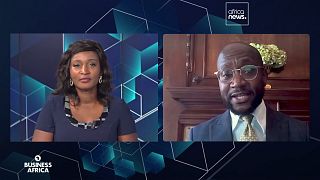
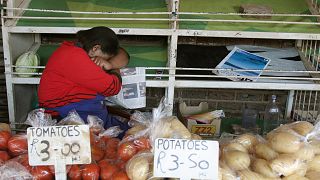
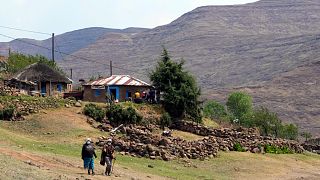
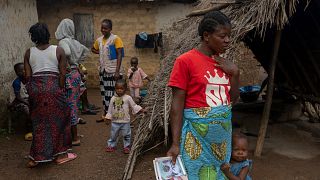

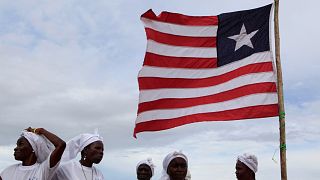


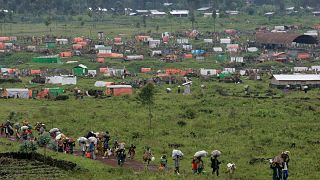
01:19
"Such good English": Trump compliments Liberian president, a native English speaker
00:51
Liberia's former president William Tolbert symbolically reburied, 45 years after his murder
01:24
DRC and Liberia elected to serve 2-year term on UN Security Council
Go to video
Mission 300 Africa Energy Summit: Driving Energy Access Across Africa
01:01
Prince Johnson, Liberian ex-warlord-turned senator, dies aged 72
01:44
Liberia seeks to address agricultural data needs and bridge the gaps